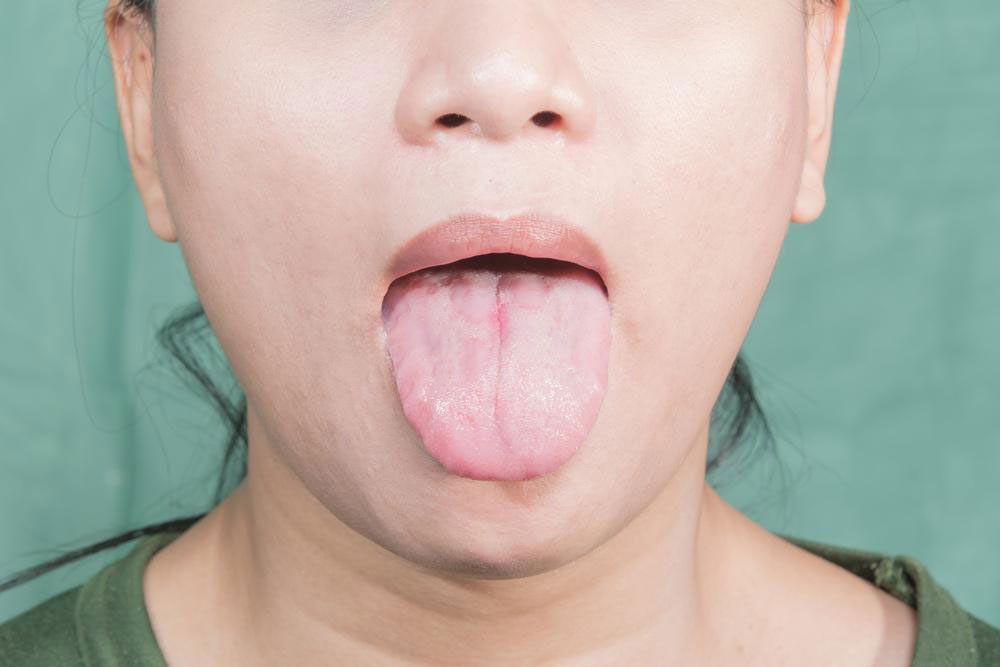
Facts to know about dry mouth
A feeling of dryness in the mouth is one of the most common things that you might have encountered. For instance, you must have felt a desperate need for water in the middle of the night, or you must have felt dryness in your mouth out of being under a lot of pressure at work or out of anxiety to perform well in an exam. That’s quite normal and hardly has that kind of dryness in the mouth ever worried you. However, there are instances when you shouldn’t ignore a dry mouth.
Before we enlist the situations where a dry mouth may be worrisome, let’s understand why human saliva is important. There is a reason it is produced by the salivary glands.
- Saliva breaks your food by moistening it, thereby making it easy to digest.
- It washes away the residual food from your teeth and gums.
- The human saliva contains phosphate and calcium, which help the teeth fight tooth decay.
Do you constantly have issues in doing simple activities like speaking or chewing or swallowing food? Is this something that has now become regular? You may want to deliberate upon the following points so that, if necessary, the right precautions may be taken on time.
Put yourself through these questions
To know if your dry mouth is signifying danger, you should ponder upon the following questions:
- How often do you feel dryness in your mouth, especially when consuming food?
- How often do you have to sip on water or any other fluid to gulp down dry food items, which may easily be swallowed with the help of saliva?
- Is the saliva production in your mouth lesser than it should be?
- Is this reduction in saliva followed by a sore throat or a bleeding nose?
If the answer to these questions is yes, consult a doctor immediately. These symptoms may indicate that your salivary flow might be lesser than 0.1/min, which is not normal, and secondly, this could be a sign of salivary hypofunction.
Dry mouth being taken as a part of aging
If you think a dry mouth is part of aging, think again. Dry mouth is a problem that approximately 20% of the adult American population faces. There is a common notion among people that dryness arises out of aging. This notion is not completely correct. A dry mouth usually points at an underlying issue, which may or may not be serious. As is reported, there are more than 400 prescribed drugs that have dry mouth as a side effect. These include drugs for anxiety, diarrhea, hypertension, Parkinson’s disease, and so on.
A dry mouth may be the result of an underlying danger
If medications or medical therapies are not the cause of your dry mouth, there are chances that you are at the brink of a medical condition or a disease. The most common of all diseases that are responsible for a dry mouth is Sjogren’s Syndrome. It is a disease that may cause a dry mouth and dry eyes. Some other conditions that may cause a dry mouth are lupus, arthritis, and diabetes.


